Lambda Legal testifies that black and brown LGBTQ people are more vulnerable to state-sponsored violence
Legal organization notes that negative interactions with the criminal justice system are often rooted in systemic anti-LGTBQ discrimination

Earlier this week, Lambda Legal submitted written testimony to the newly formed Presidential Commission on Law Enforcement and the Administration of Justice highlighting the disproportionate levels of violence and abuse that LGBTQ people, particularly LGBTQ people of color, experience in their interactions with the U.S. criminal legal system.
Lambda Legal noted in a press release that it submitted testimony despite concerns about the Commission, which is composed entirely of law enforcement officials, and its expected resistance to commit to any meaningful reforms.
Nonetheless, it felt that it was important to emphasize and call attention to concerns about the criminalization of LGBTQ black and brown people — which can start as early as childhood.
“Despite our reservations about this Commission, Lambda Legal has submitted testimony to raise awareness about the ongoing mistreatment of LGBTQ people by police and others in the criminal legal system,” Sharon McGowan, legal director and chief strategy officer at Lambda Legal, who previously served as Principal Deputy Chief of the Department of Justice’s Civil Rights Division, said in a statement.
“The modern movement for LGBTQ equality was catalyzed by an uprising against police brutality, and for decades, Lambda Legal has understood that resisting state-sanctioned violence and discrimination, including by law enforcement, is essential to our mission to secure full equality for all LGBTQ people,” McGowan added. “Unfortunately, we have no reason to believe that Attorney General Barr or the Commission he has created will take seriously their duty to protect the civil rights of all people. Nevertheless, we will continue to speak up and demand better, as the lives of the LGBTQ community and the other communities of which we are a part are what’s at stake.”
The testimony submitted to the commission comes amid protests and civil unrests in response to several high-profile officer-involved killings of people of color, including George Floyd of Minneapolis, Breonna Taylor in Louisville, and Tony McDade, a trans man, in Tallahassee, or increased scrutiny of officers’ interactions with suspects following incidents such as the violent arrest of trans woman Breona Hill in Kansas City last year.
In its testimony, Lambda Legal detailed how LGBTQ people, particularly those who are black and brown, are more vulnerable to over-policing due to systemic discrimination, are more likely to face bias from law enforcement agencies and in the courtroom, and are disproportionately incarcerated, sexually assaulted, and denied adequate medical care in prisons and jails.
Lambda Legal also testified that interactions with the criminal system are often determined by factors that are rooted in the discrimination LGBTQ people of color face, often from an early age, starting starting with harassment or bullying in school, familial rejection when they come out — which in turn can lead to homelessness — and continuing into adulthood as they struggle with employment and housing discrimination or higher rates of poverty.
Related: 100+ LGBTQ organizations condemn racism, racial violence, and police brutality
“LGBTQ people too often experience bias from law enforcement officers because of their sexual orientation and gender identity,” the testimony reads. “Officers frequently misgender transgender and nonbinary people in interactions with them, or make offensive comments. In the 2015 United States National Transgender Survey, for respondents who had interacted with police in the prior year and believed the officer thought or knew they were transgender, 58% reported some form of mistreatment…. Even in cases in which transgender people are victims of crime, law enforcement agencies misgender victims in internal and news reports, alienating the victim’s friends and family, increasing distrust with the very community whose cooperation law enforcement needs.
“Gay men are also too frequently targeted by law enforcement because of their sexual orientation in stings, perpetuating harmful stigma about them,” the testimony continues. ‘LGBTQ people of color and particularly transgender women of color are at an increased risk of interacting with law enforcement due to persistent and discriminatory profiling, particularly in neighborhoods subject to quality-of-life policing. Not only does an individual’s sexual orientation or gender identity bring them under surveillance or at increased risk of interacting with law enforcement, being LGBTQ and Black, indigenous, or a person of color also heightens this risk.”
Adding insult to injury, once involved with the criminal justice system, LGBTQ people of color face additional challenges navigating through it, often facing judicial or jury bias, mistreatment at the hands of court employees or corrections officers, sexual assault, and denial of necessary medical care, Lambda Legal notes.
“LGBTQ people, particularly those who are Black or Brown, are disproportionately over-policed and incarcerated as a result of systemic discrimination and bias, including at the hands of police,” Lambda Legal Staff Attorney Puneet Cheema said in a statement. “We need to rethink our system of public safety and not rely on law enforcement as first responders where an arrest doesn’t resolve the underlying issue. We need to invest in city and community services for all residents.”
Read more:
Chicago Police investigating after officer called protester a ‘f****t’
Indy Pride will no longer involve uniformed police officers in its Pride celebrations
Support Metro Weekly’s Journalism
These are challenging times for news organizations. And yet it’s crucial we stay active and provide vital resources and information to both our local readers and the world. So won’t you please take a moment and consider supporting Metro Weekly with a membership? For as little as $5 a month, you can help ensure Metro Weekly magazine and MetroWeekly.com remain free, viable resources as we provide the best, most diverse, culturally-resonant LGBTQ coverage in both the D.C. region and around the world. Memberships come with exclusive perks and discounts, your own personal digital delivery of each week’s magazine (and an archive), access to our Member's Lounge when it launches this fall, and exclusive members-only items like Metro Weekly Membership Mugs and Tote Bags! Check out all our membership levels here and please join us today!









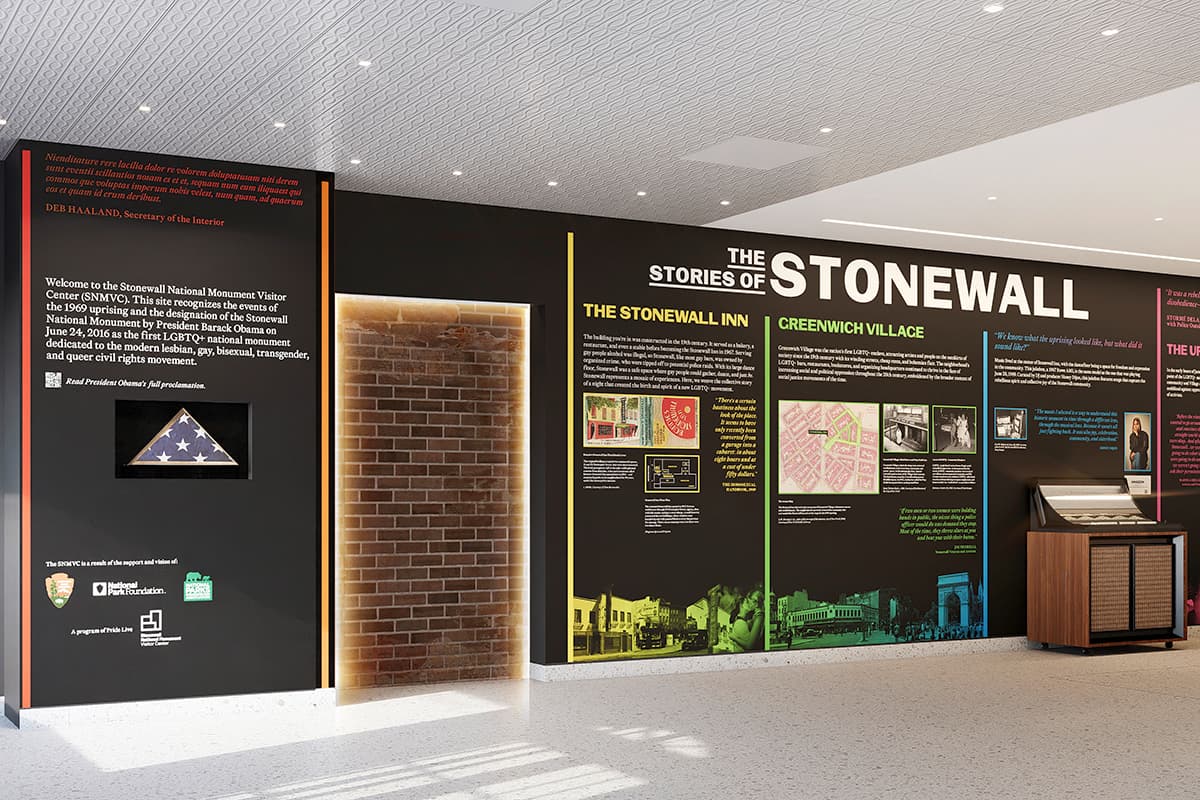
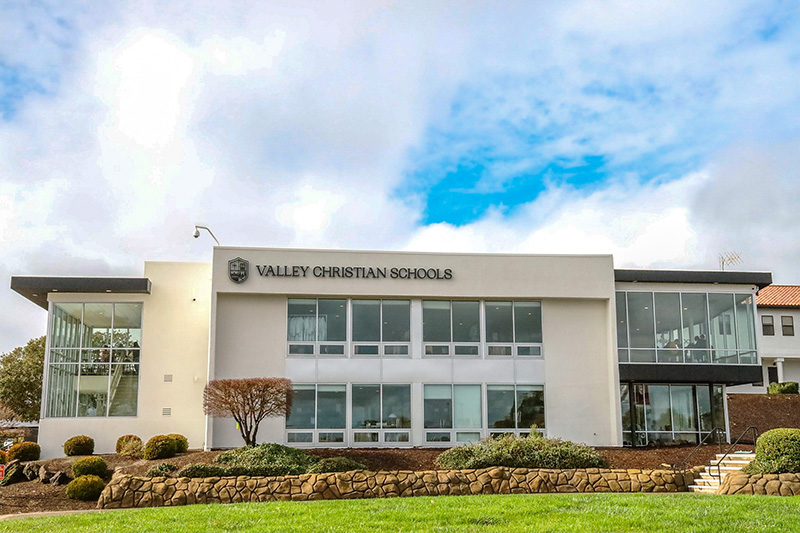
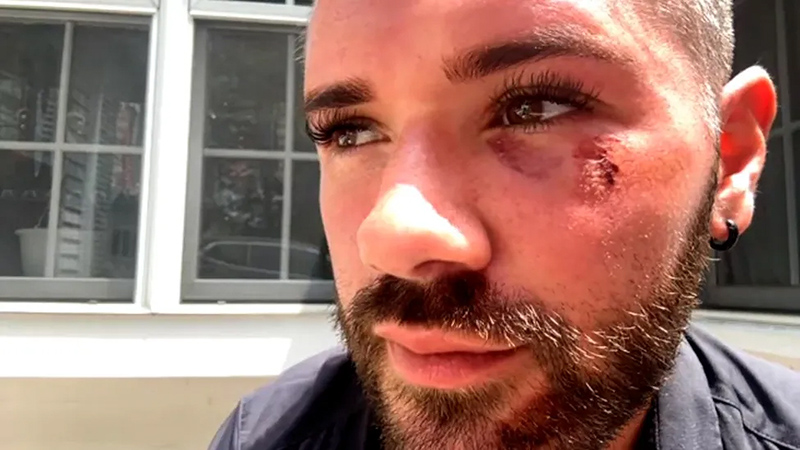













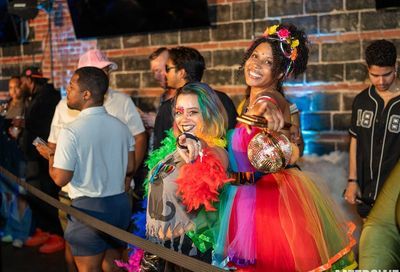
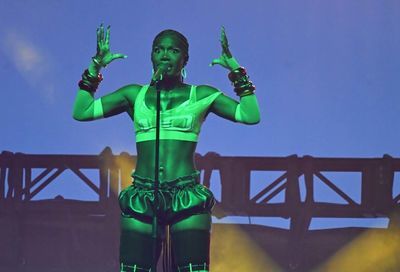
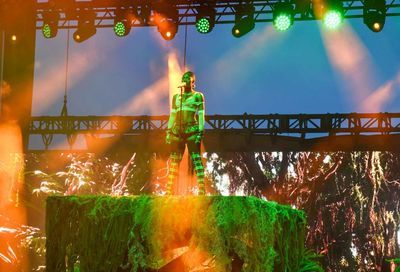
You must be logged in to post a comment.